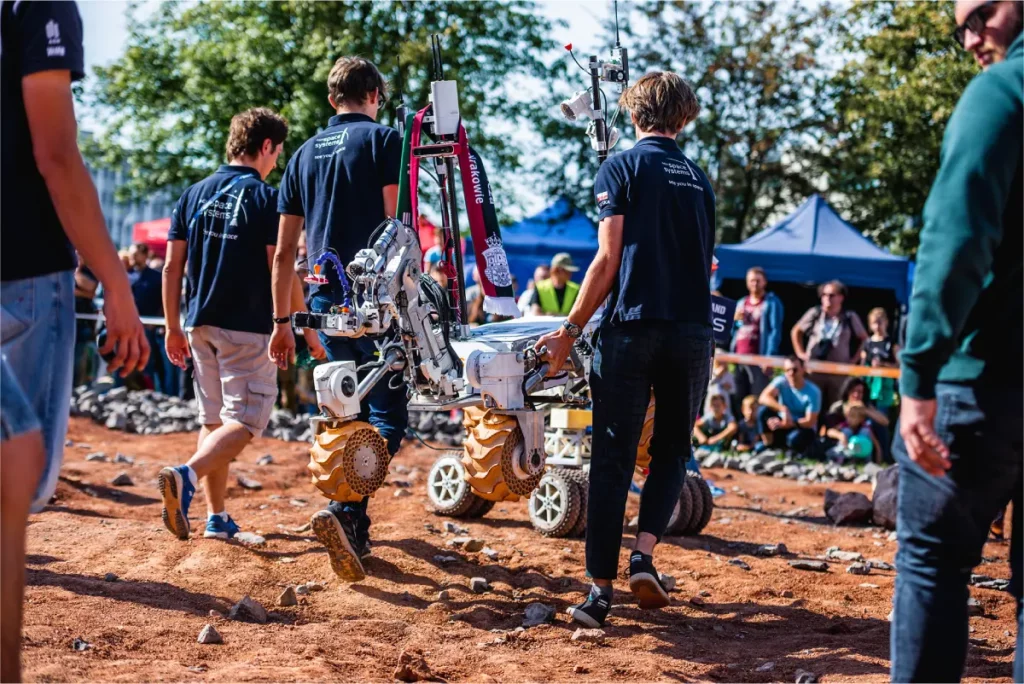
European Space Foundation’s leading project, the ERC, brings together a Mars rover challenge on a realistic Martian terrain, global space experts, and a cutting-edge STEM exhibit, inspiring the next generation of engineers and exploring the future of planetary missions.
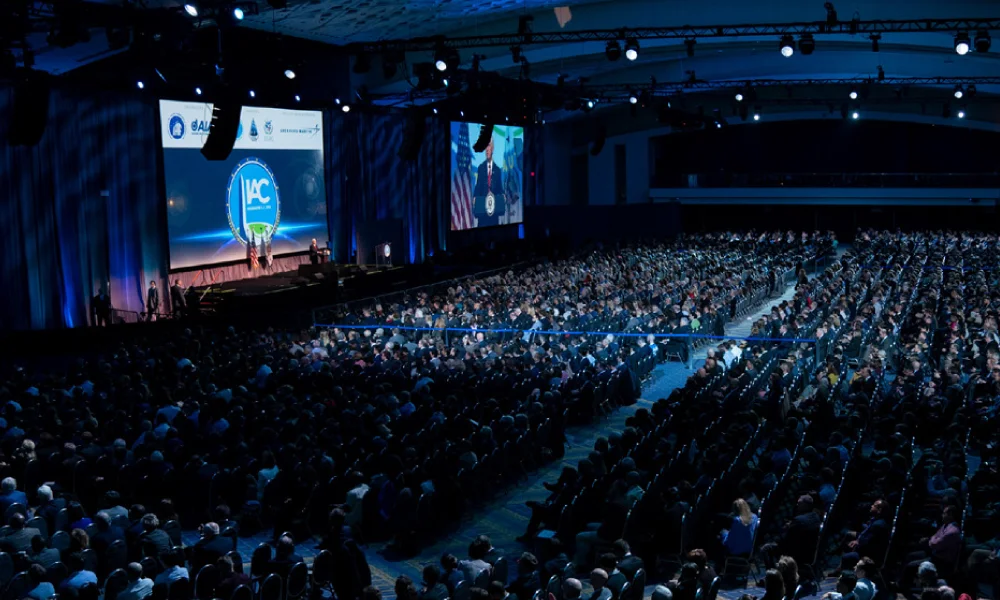
After more than 60 years, one of the most prestigious astronautical events will once again take place in Poland. The project will be carried out jointly by the Ministry of Economic Development and Technology, the Polish Space Agency, the European Space Foundation, the City of Poznań, the MTP Group, and The Way company.

Space Generation is a creative initiative by the European Space Foundation that turns missions into meaning – through ethically made, purpose-driven apparel designed for life in and beyond the space sector.
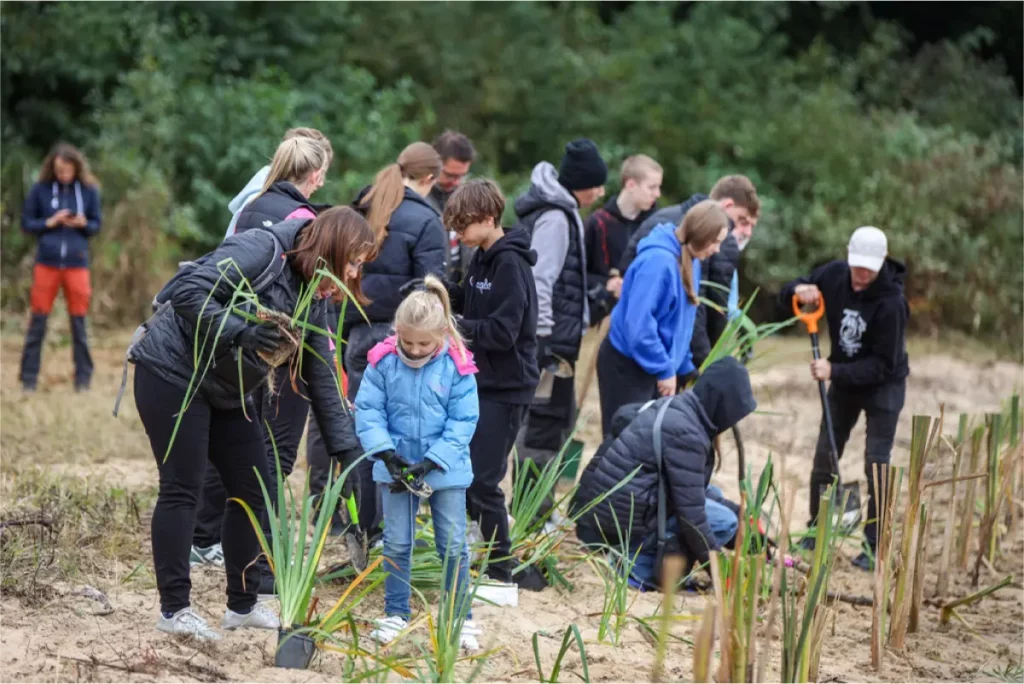
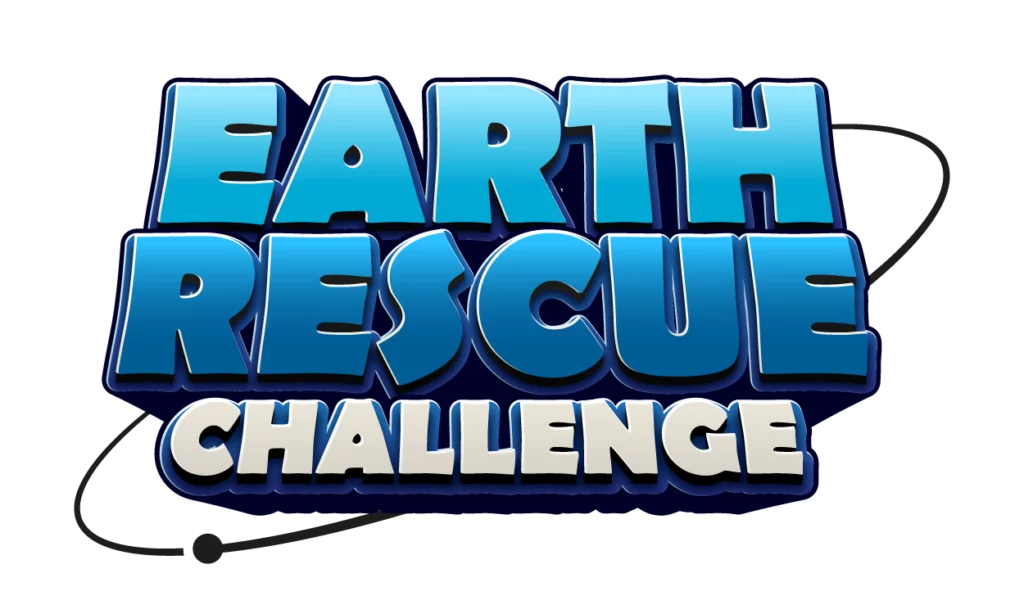
The Earth Rescue Challenge – Water Edition is an educational program led by the European Space Foundation in collaboration with environmental experts, educators, and institutional partners. Designed for high school students across Europe, the initiative connects space technology with climate action at the local level.
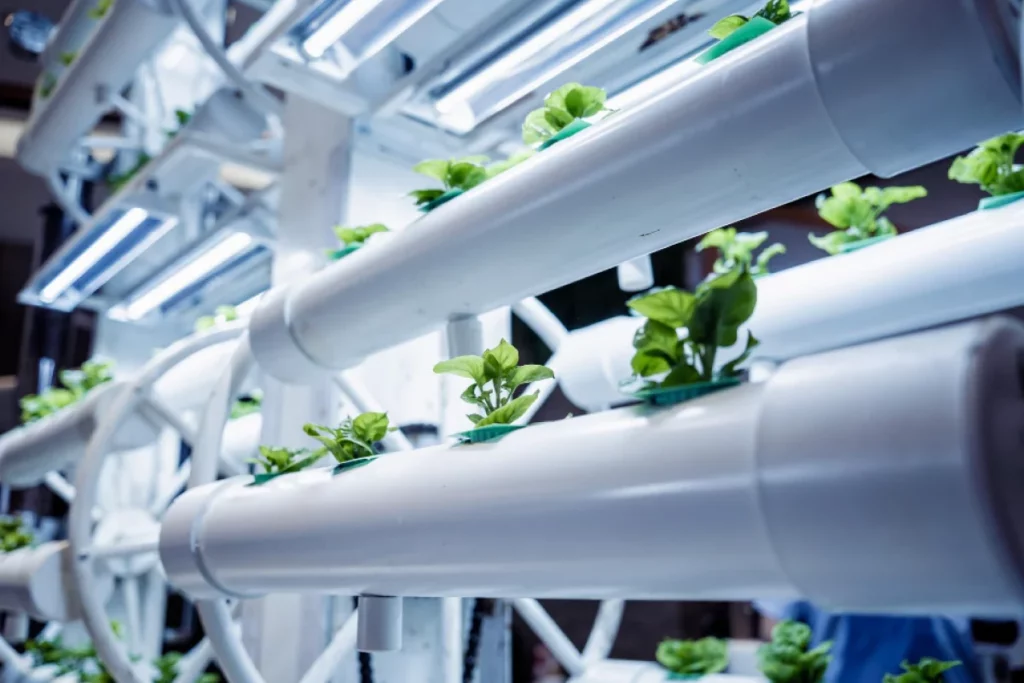
The European Space Foundation (ESF), the Laboratory of Innovation of Things (LIT), the National Learning Service (SENA) and The Mars Society Colombia, develop a research seedbed program in STEAM with college students, technicians and professionals, to inspire, innovate and develop projects in the space sector ecosystem. The main objective is the benefit of humanity in its primary needs, using the Internet of Things (IoT) applied to the sciences of earth and space.
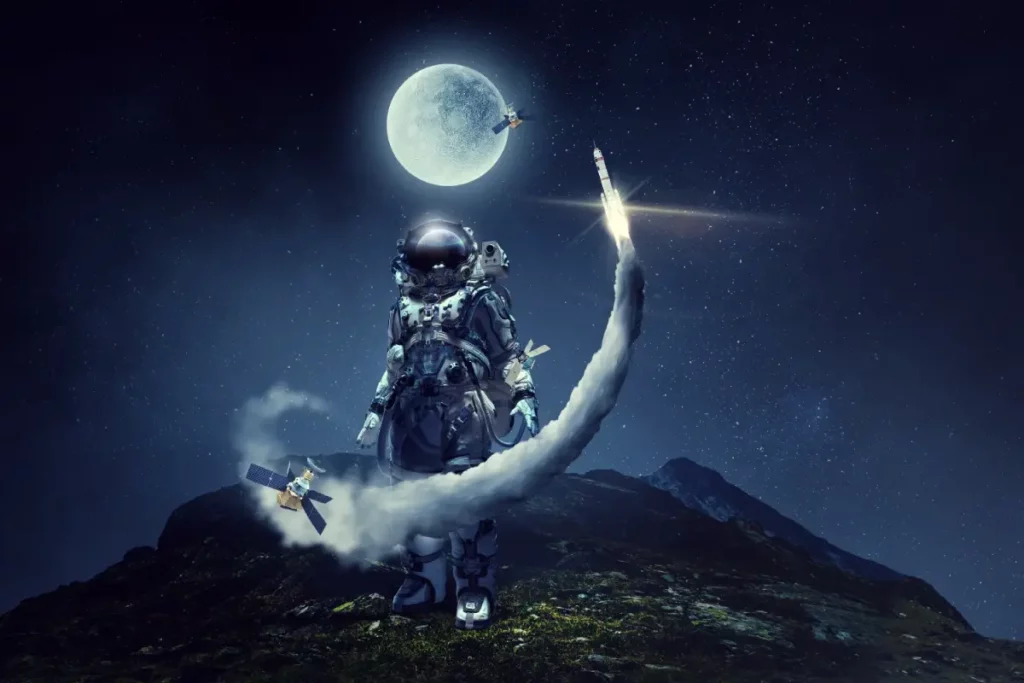
The free certification initiative led by the European Space Foundation aims to become a transformative opportunity for driven individuals aspiring to shape the future of space and robotics. The SpaceCert confirms young participants’ hands-on experience and gives industry-recognition, boosting their career prospects. For companies, it’s a chance to connect with skilled, motivated talent ready to innovate in space and robotics, benefiting both the workforce and industry’s future. The project is co-funded by the European Union.
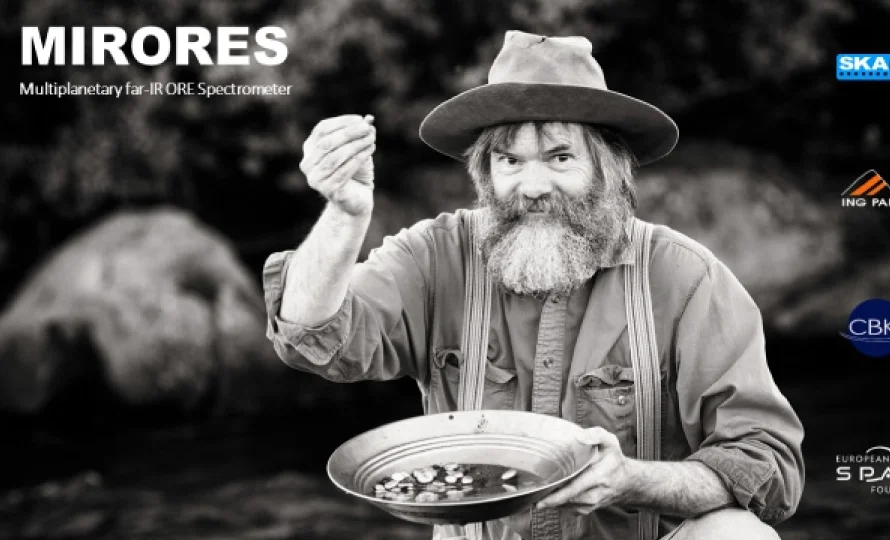
MIRORES develops an innovative far-infrared spectrometer for UAV-based remote detection of sulfide and oxide ores, offering prospecting services for both Earth and planetary environments. Its unique 20–35 μm range enables mapping of mineral deposits in arid and polar regions on Earth, as well as on the Moon and Mars, where atmospheric water does not obstruct the signal. Alongside core UAV mapping, MIRORES provides laboratory analytics, geological modelling, and consulting services, supporting sustainable resource exploration and the emerging space mining sector.
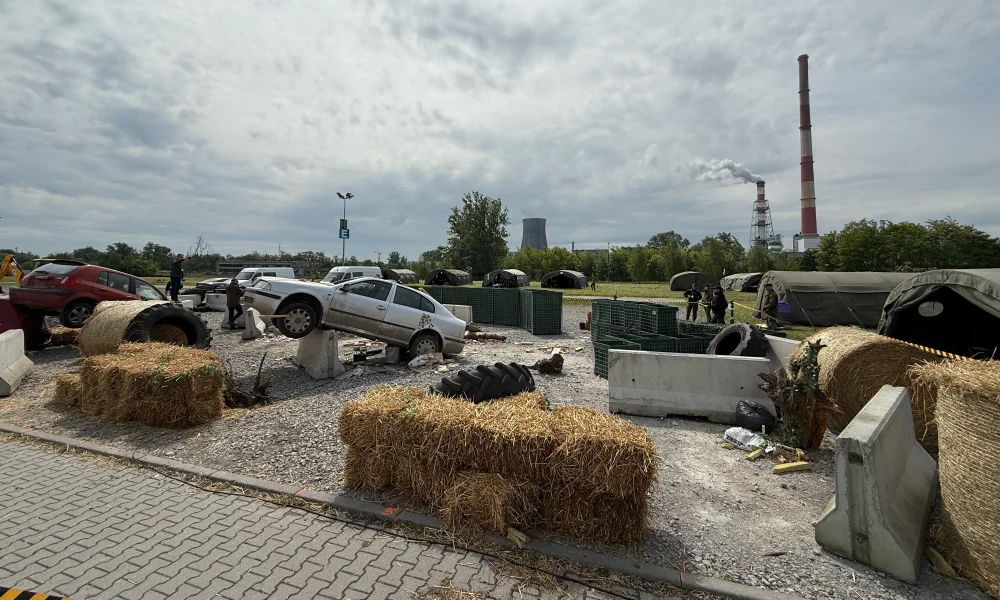
The EDA Makeathon challenges teams from across Europe to design and test robotic systems for real-world defence and support missions. Supported by ESF, this initiative turns cutting-edge engineering into practical solutions for a safer, more resilient Europe.
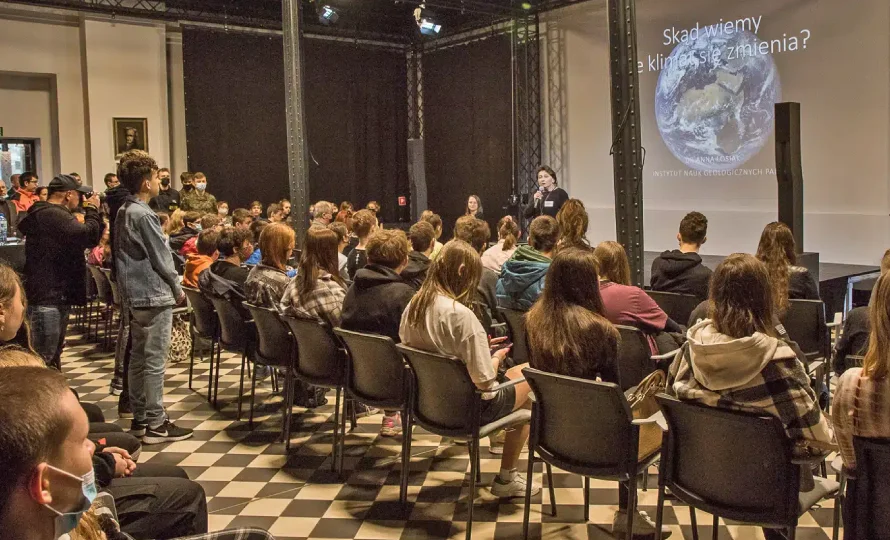
Between February and June 2022, we ran a nationwide cycle of hands-on workshops and lectures for primary and high school students in six Polish cities, introducing them to space science and climate change monitoring. Using experiments such as Herschel’s invisible light test, thermal cameras, satellite data analysis and geoinformation exercises, participants learned how scientists gather and use data to track environmental changes on Earth. Supported by the U.S. Consulate General in Krakow, the program reached thousands of young people, sparking curiosity and showing practical applications of space technologies in everyday life.
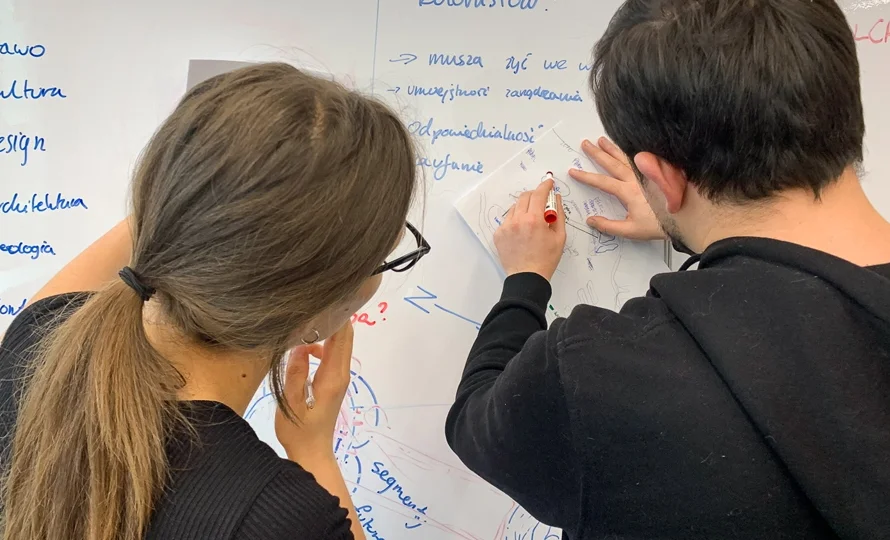
The Mars Colony Hackathon was a three-day workshop designed for university students interested in space, law, design, and related fields. During the event in Warsaw, participants worked in interdisciplinary teams with mentors to develop ideas for how a Martian settlement could function. Supported by the U.S. Embassy in Poland and partner organizations, the project offered practical experience, collaboration, and inspiration for young people exploring future careers in the space sector.